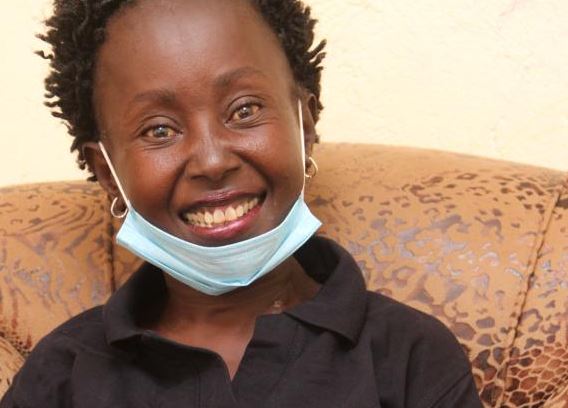×
The Standard e-Paper
Fearless, Trusted News

Few people give serious consideration to how an illness might change the tiny aspects of their lives. Elizabeth Nyambura is one such person.
In 2013, Nyambura, an ordained deacon, was dating James Njenga. It had been several months into their relationship and he was taking things seriously.